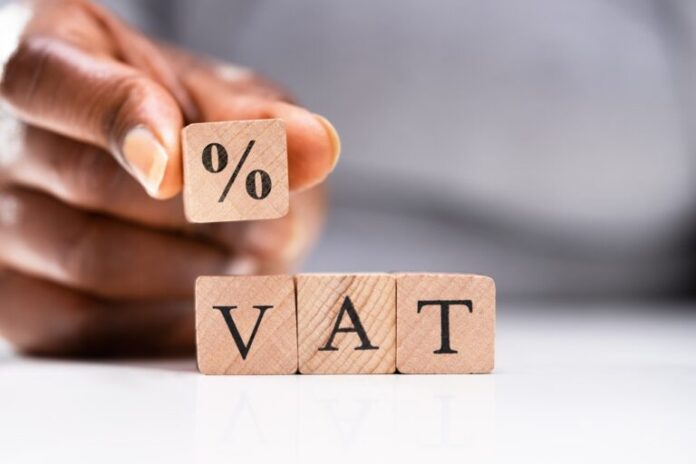With a new tax system, Nigeria has expanded the scope of value-added tax to encompass digital services and international commerce.
The reform requires foreign businesses offering services to Nigerian consumers to register for tax and incorporate VAT in their invoices, thereby changing the taxation of digital and online transactions dramatically.
Retaining the VAT rate at 7.5 percent but widening the tax net to cover previously untaxed areas, the new Nigeria Tax Act includes. It especially aims at digital services used by Nigerians, including streaming platforms, cloud computing, online marketing, and software subscriptions. Under the new legislation, a service is regarded as taxable in Nigeria when it is supplied to and used by a person within the country, independent of the service’s origin.
The News Chronicle gathered that this measure aims to increase government revenue, reduce tax system leaks, and ensure that the rapidly expanding digital economy makes its fair contribution to national growth.
Authorities hope to create a more open and responsible tax system for services by including foreign suppliers and internet platforms into the VAT structure. Relied upon by Nigerian businesses and households.
The law also covers incorporeal rights and intellectual property, so they are subject to VAT if their exploitation or use occurs in Nigeria or is linked to assets located within the country.
The Nigeria Revenue Service has been given the authority to nominate agents, including digital platforms and payment processors, to collect and remit VAT on cross-border transactions, ensuring compliance.
The law also sets out a withholding mechanism. Recipients of foreign services in Nigeria must deduct VAT from payments to non-resident suppliers and remit it directly to the tax authorities. However, if a non-resident supplier is formally appointed to collect VAT, the withholding requirement is waived, except in cases of non-compliance.
The statute also makes clear when VAT becomes due. VAT is normally triggered for most transactions when an invoice is produced, goods are supplied, or payment is received—whichever comes first.
VAT liabilities are divided across payment intervals for rental services, building projects, or credit agreements. VAT on non-monetary or barter transactions is computed using market value, thereby guaranteeing that such exchanges are not exempt from tax.
Nigeria is arranging its tax system with international best standards and increasing revenue for economic expansion by applying VAT guidelines to encompass digital services, imports, and foreign suppliers.



